Nigella Sativa Seeds Organic: 7 Spicy Secrets You Never Knew (But Definitely Need!)
Ever stumbled upon a little black seed in your spice rack and wondered, 'What even is this?' Meet Nigella sativa, also known as kalonji, black cumin, or fennel flower. But we’re not just talking about any old seed — we're talking about the organic kind, which is like the VIP version of spices. If you haven’t given these tiny flavor bombs the love they deserve, it’s time to step up your spice game.
Table of Contents
- Introduction to Nigella Sativa Seeds Organic
- Health Benefits That’ll Make You Say ‘Wow’
- Cooking Like a Pro with These Tiny Titans
- How to Store Them So They Don’t Ghost You
- Organic vs. Non-Organic: What’s the Big Deal?
- Buying Tips: From Market Madness to Masterclass
- Fun Facts You Can Whip Out at Parties
- Summary & Final Thoughts
So, What’s the Fuss About Nigella Sativa Seeds (Organic)?
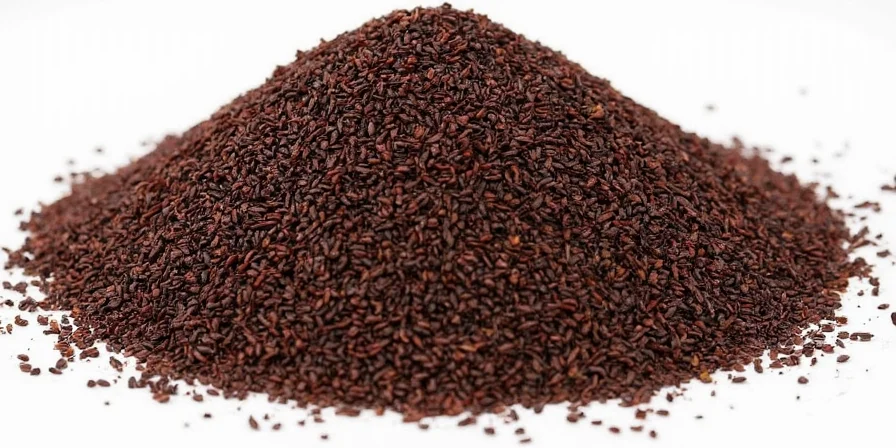
Nigella sativa, commonly referred to as black seed or kalonji, has been used for centuries across Middle Eastern, South Asian, and North African cuisines. But when we add the magic word organic, we’re essentially giving it a health halo that non-organic versions can only dream of.
Unlike regular seeds that might come with pesticide baggage or questionable farming practices, organic nigella sativa seeds are grown without synthetic chemicals, ensuring you get all the flavor and benefits minus the nasties.
Quick History Lesson (Don’t Worry, No Pop Quiz)
Nigella has been around since ancient times. In fact, Egyptian pharaohs were buried with it — talk about being trendy before it was cool! Even Hippocrates reportedly used it for digestive issues. Now, fast forward to today, and you’ll find them in everything from naan bread to curries to herbal remedies.
Health Benefits: Not Just Flavor, but Wellness Too!
If you thought nigella sativa seeds were just for crunch, prepare to be amazed. Here’s what science says (and some of it’s actually legit):
- Boosts Immune System: Packed with antioxidants and thymoquinone, which helps fight inflammation.
- Improves Digestion: Helps with bloating, gas, and upset stomachs.
- Supports Respiratory Health: Some studies suggest it helps with asthma symptoms.
- Promotes Heart Health: May help lower cholesterol levels.
- Skin & Hair Love: Used in oils for treating eczema, acne, and dandruff.
| Benefit | Description | Scientific Backing |
|---|---|---|
| Immunity Boost | High in antioxidants | ✅ Strong evidence |
| Digestive Aid | Reduces bloating, stimulates digestion | ✅ Moderate evidence |
| Anti-Inflammatory | Thymoquinone content | ✅ Good support |
| Allergy Relief | May reduce allergic reactions | ⚠️ Early-stage research |
| Weight Management | Limited human studies | ❌ Inconclusive |
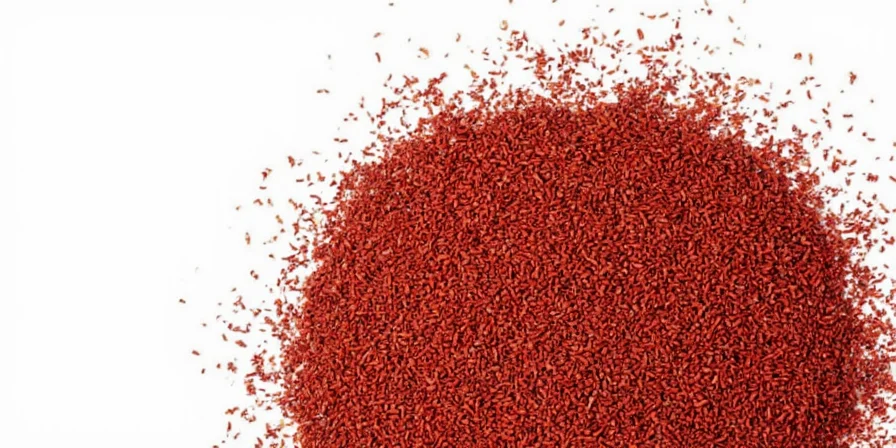
Cooking Like a Pro with Organic Nigella Sativa Seeds
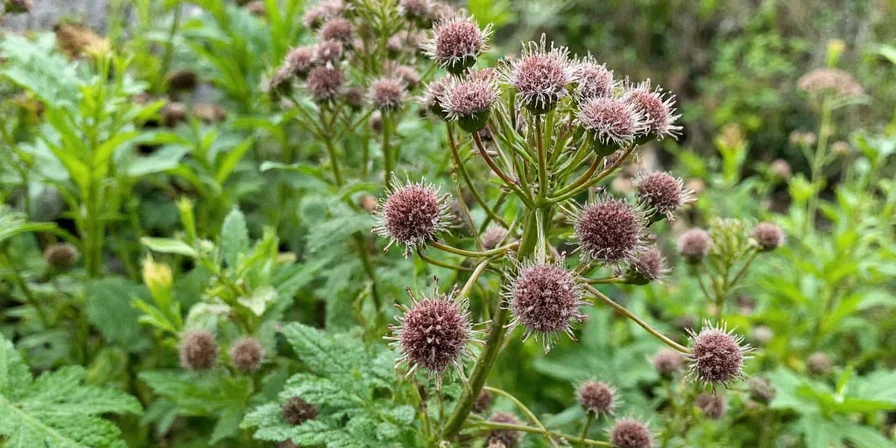
You don’t need a PhD in Culinary Arts to use nigella seeds like a seasoned chef (pun intended). Whether you're baking, frying, or simmering, here’s how to incorporate them into your meals like a boss:
Top 5 Cooking Hacks Using Nigella Sativa Seeds
- Toast ’em first: Light dry roasting brings out a nutty, onion-like flavor.
- Naan Power: Sprinkle on flatbreads, especially Indian naan or Middle Eastern manakish.
- Spice Blends: Add to garam masala, za’atar, or homemade dukkah mixes.
- Salad Toppers: For an earthy crunch, toss a pinch over roasted veggie salads.
- Oily Business: Infuse oil with nigella seeds for a flavorful base in dressings or marinades.
Pro Tip: Use sparingly! A little goes a long way. Start with ¼ tsp per serving and adjust to taste.
Storage Secrets: Keep Your Seeds Fresh, Not Stale
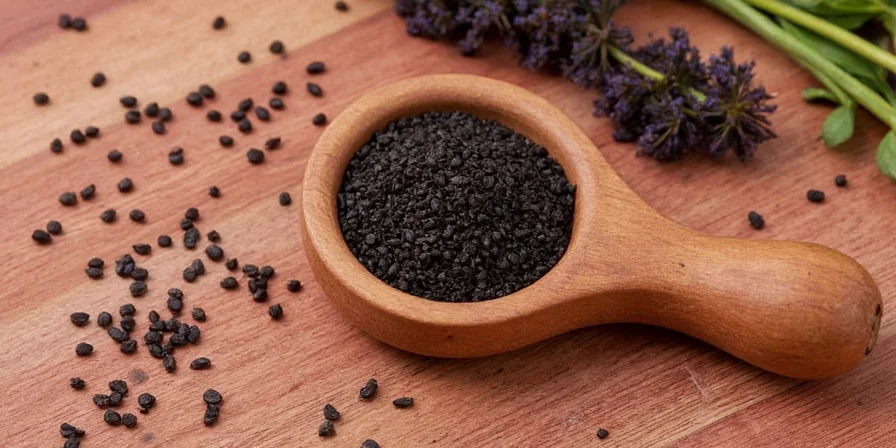
No one likes stale spices. To keep your organic nigella sativa seeds fresh and fragrant for months (or even years), follow these storage tips:
- Whole Seeds: Store in an airtight container away from heat and light. Shelf life: up to 2–3 years.
- Ground Seeds: Less stable than whole seeds; best used within 6–12 months.
- Oil: Refrigerate after opening. Use within 6 months for optimal freshness.
- Moisture is Enemy #1: Keep away from steam or humid areas like above the stove.
Did you know? Black seeds retain their potency better when stored in dark glass bottles rather than plastic containers.
Organic vs. Non-Organic: What’s the Difference?
It’s like choosing between tap water and filtered water — both hydrate you, but one just feels cleaner. Here's a quick comparison to clear up the confusion:
| Aspect | Organic Nigella Sativa Seeds | Non-Organic Nigella Sativa Seeds |
|---|---|---|
| Farming Method | Grown without synthetic pesticides or fertilizers | May contain chemical residues |
| Taste | Often richer and more aromatic | Mild or less complex flavor |
| Cost | Generally higher price point | More affordable |
| Environmental Impact | Lower impact due to sustainable practices | Can contribute to soil degradation |
| Nutritional Value | Higher antioxidant content | May lose nutrients during processing |
Still on the fence? Think long-term health and sustainability — your future self will thank you.
Buying Tips: How to Spot Real Organic Nigella Seeds
Not all “organic” labels are created equal. Follow these steps to ensure you're getting the real deal:
- Look for Certification: Check for USDA Organic, EU Organic, or equivalent logos.
- Read the Label: Should say “100% organic nigella sativa” with no fillers or additives.
- Color Clue: Authentic organic seeds are deep charcoal-black to dark gray.
- Smell Test: Earthy, slightly bitter aroma — if it smells musty or overly oily, skip it.
- Buy Whole Seeds: Ground seeds lose flavor quickly. Better to grind your own as needed.
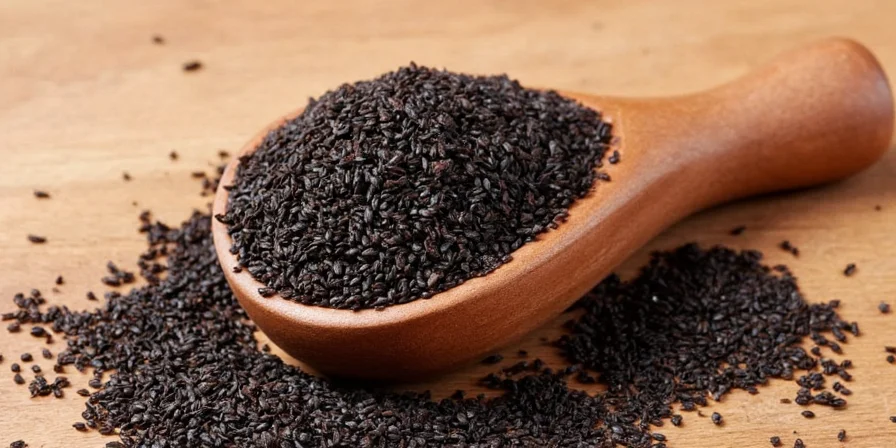
Random Fun Facts (Great for Dinner Parties)
Besides being tasty and healthy, nigella sativa seeds have some quirky trivia up their sleeve:
- They were found in King Tutankhamun’s tomb — yes, the guy who died 3,000+ years ago liked his spice game strong.
- In Arabic cuisine, they’re called 'habbat al-barakah', which translates to 'seeds of blessing'.
- Used in traditional Ayurvedic medicine to balance bodily doshas (the body’s energies).
- The plant itself is pretty, producing delicate white to pale blue flowers before forming seed pods.
- Some people believe eating nigella every day wards off illness — like garlic, but cooler.
Final Thoughts: Spice Up Your Life, the Organic Way
There you have it — a full breakdown of why organic nigella sativa seeds deserve a spot in your kitchen (and medicine cabinet). Whether you’re a professional chef, home cook, or curious foodie, adding this humble seed to your pantry can elevate both flavor and health in ways you never imagined.
Remember, quality matters. Go organic whenever possible, store them properly, and experiment boldly in your cooking. And next time someone asks, “Hey, what’s that black stuff?” — you’ll be ready with a story, a recipe, and maybe even a bottle of nigella-infused oil to share.
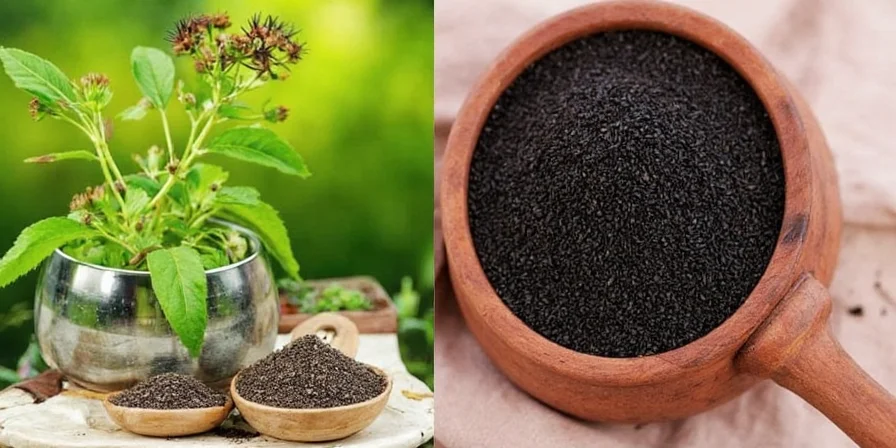

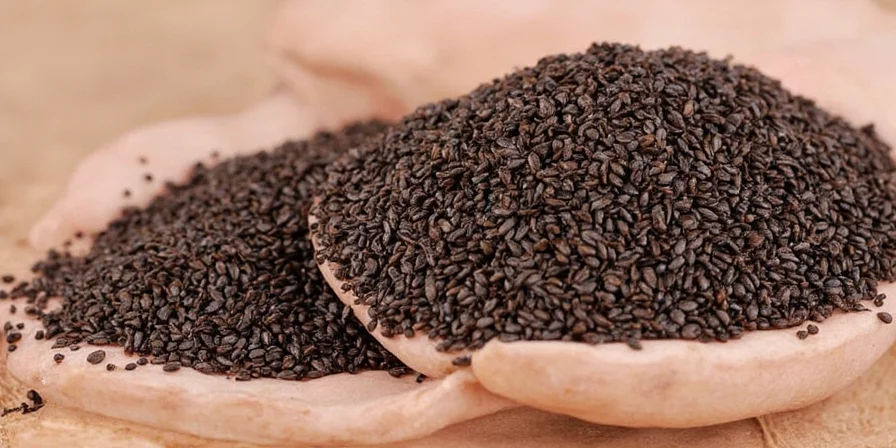









 浙公网安备
33010002000092号
浙公网安备
33010002000092号 浙B2-20120091-4
浙B2-20120091-4